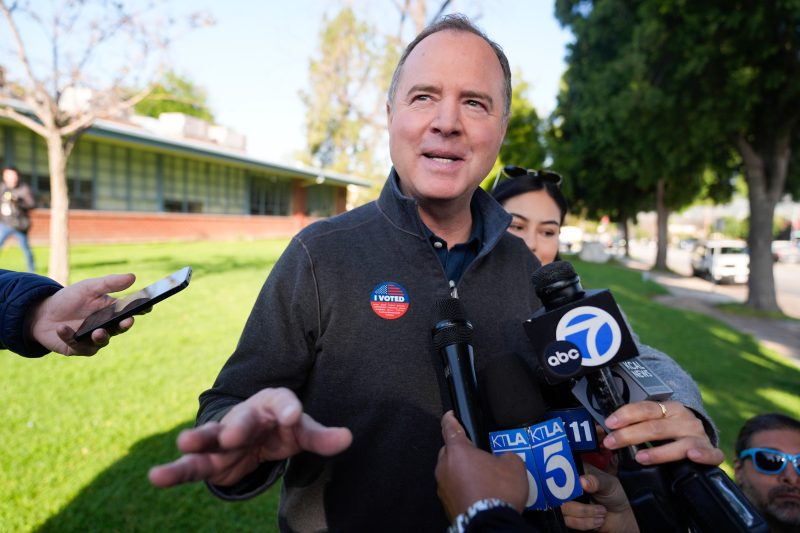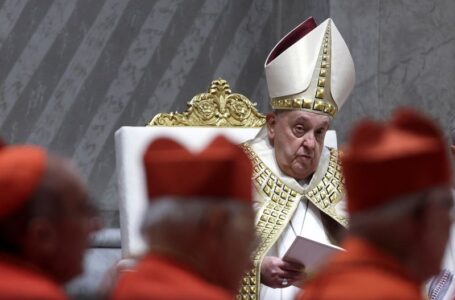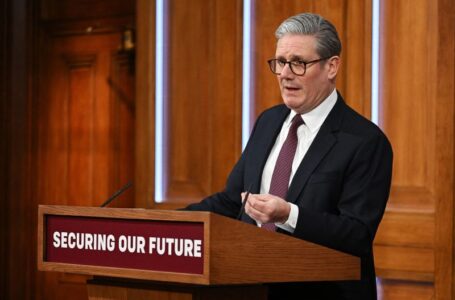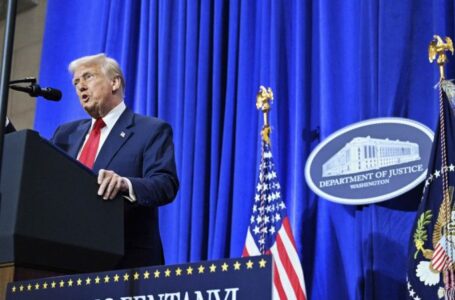Top Democrats head for a showdown in California’s Senate primary


The first round in the exorbitantly expensive contest for the U.S. Senate seat of the late Dianne Feinstein is hurtling toward an unpredictable conclusion Tuesday night as three of the state’s most prominent Democrats and onetime baseball star battle for the top two spots in California’s primary.
The top two vote-getters in Tuesday’s election will advance to the general election regardless of party. Rep. Adam Schiff, who became a hero to many Democratic voters when he led the first impeachment trial of former president Donald Trump, appears to be sailing toward the November contest after spending more than $39 million and locking down the support of much of the state’s Democratic establishment, including former House speaker Nancy Pelosi.
The race for the other spot on the November ballot, however, took an unpredictable turn in the final weeks of the race when Schiff and his allies spent more than $11 million on ads that elevated the profile of Republican Steve Garvey, a former first-baseman for the Los Angeles Dodgers and the San Diego Padres in the 1970s and 1980s.
In a state where Republicans compose less than a quarter of the electorate, Schiff’s campaign took advantage of the fact that he and Democratic Reps. Barbara Lee and Katie Porter were splitting their party’s vote. His ads framing Garvey as a conservative Republican who had voted for Trump twice allowed the former baseball player to quickly consolidate GOP support without spending any of his own money on television ads, according to data from AdImpact. With ads targeting Fox News and other conservative outlets, Republican voters took notice — and Garvey shot up into contention with Porter who had been running second behind Schiff for much of the year.
Porter, a law professor who gained national prominence wielding her whiteboard and black marker as she interrogated corporate CEOs in congressional hearings, had long been expected to face Schiff in November. But recent polls have shown the Orange County Democrat sliding behind Garvey even though he has barely campaigned and has revealed few details about his policy agenda — or even if he will vote for Trump in November. The results could also take days to be tallied because ballots postmarked on Election Day will be counted.
Since entering the race early last year, Schiff kept his focus on what he views as the threat to democracy posed by Trump. Largely ignoring his Democratic rivals, he argued that he had already proved his ability to take the fight to the former president in Washington after prosecuting the case against Trump during his first impeachment as well as the hearings investigating the riot at the U.S. Capitol on Jan. 6, 2021. On Monday night in Burbank as Trump is potentially just weeks away from clinching the number of delegates needed to win the nomination, Schiff argued that it is a “fragile time in our democracy.”
“Of all the corrosive things we’ve seen in the last several years, the most damaging to our democracy has been this relentless assault on the truth, because if we can’t agree on a very basic set of facts; on a shared experience, [then] how are we to determine who should govern or what our policy should be?” Schiff said. “I know how worried people are about the fragility of our democracy. But I want to tell you tonight we’re going to get through this.”
He urged his supporters to reengage and vote not just for him, but also to return President Biden to the White House in November: “What we do in this moment, will determine how quickly it passes and what we will leave to the next generation.”
Former Los Angeles Mayor Antonio Villaraigosa and other surrogates also drove the theme that democracy is at stake in November. As he made the case for Schiff, the former mayor argued that integrity and character matter, but also “someone who puts the fear of God in those on the other side.”
Porter, who has fashioned her campaign around the idea that she would be a corruption fighting “warrior” in the Senate, has decried the millions of dollars of spending against her in the final phase of the campaign, including at least $9 million on ads from a super PAC backed by major players in the cryptocurrency industry.
“So many people are frustrated with Washington, fed up with career politicians, feeling like Californian’s voices aren’t being heard in the Capitol,” Porter said as she dropped off her own ballot at a voting location in Irvine this weekend. “The solution is to vote.”
In a UC-Berkeley Institute of Governmental Studies poll released last week, Schiff and Garvey led the field and were essentially tied within the margin of error. Garvey had the backing of 27 percent of likely primary voters; Schiff was supported by 25 percent and Porter by 19 percent. Lee had the support of 8 percent.
Though all of the state’s 22 million voters received a ballot in the mail, turnout was low leading up to Election Day based on the number of ballots that had been returned in key counties.
Only about 14 percent of ballots had been returned as of Tuesday and the plurality were from voters who are 65 years and older, according to an analysis by the California-based firm Political Data. Older voters have tended to favor Schiff and Garvey, while younger voters have gravitated toward Porter and Lee.
The UC-Berkeley poll demonstrated why Schiff would prefer to face Garvey, as a far weaker opponent than Porter in November. In a hypothetical two-candidate race in November, Schiff led with 53 percent to Garvey’s 38 percent with 9 percent undecided. But if the race is between Schiff and Porter, they would be tied at the outset.
Several down-ballot House races in California are also likely to play a pivotal role in determining who controls the U.S. House, where Republicans have a three-seat majority.
In California’s 22nd District in the state’s Central Valley, Republican Rep. David G. Valadao is once again a top target of Democrats even though he has repeatedly defied the odds in his Democratic-leaning districts since entering Congress in 2013. Former state representative Rudy Salas, a Democrat, is once again challenging Valadao, but he is also facing Democratic state Sen. Melissa Hurtado. A fourth contender on the Republican side, rancher Chris Mathys, is also in the mix.
The four-way race has created a complex situation where Salas and Hurtado could split the Democratic vote and allow the two Republicans — Valadao and Mathys — to advance to the general election. That scenario would make it much more difficult for Democrats to retake the House. House Majority PAC has spent nearly $1.4 million on ads in both English and Spanish, according to AdImpact, to try to help Salas advance to the general election and the Democratic Congressional Campaign Committee has also come to his aid.
Another key race is California’s 47th District that Porter is vacating. In that crowded race, Porter endorsed state Sen. Dave Min who has engaged in a nasty intraparty struggle with attorney Joanna Weiss, who is backed by Emily’s List and California Lt. Gov. Eleni Kounalakis.
A super PAC affiliated with the American Israel Public Affairs Committee has spent millions of dollars attacking Min in the Orange County district by drawing attention to his arrest on drunken driving charges last year.
In a digital ad, Min took issue with the legal work that Weiss’s husband has done for the Catholic Church. The ad charges that Weiss “made millions defending child molesters,” an allegation the campaign has said is false. Republican Scott Baugh, an Orange County business owner and former California Assembly member who ran against Porter in 2022, is also running for the seat.
Democrats are also keeping a close eye on California’s 27th District where Mike Garcia is the last Republican House member standing in a Los Angeles County district that leans Democratic. The former Navy pilot is facing George Whitesides, the former chief of staff for NASA during the Obama administration and the former CEO of Virgin Galactic.











